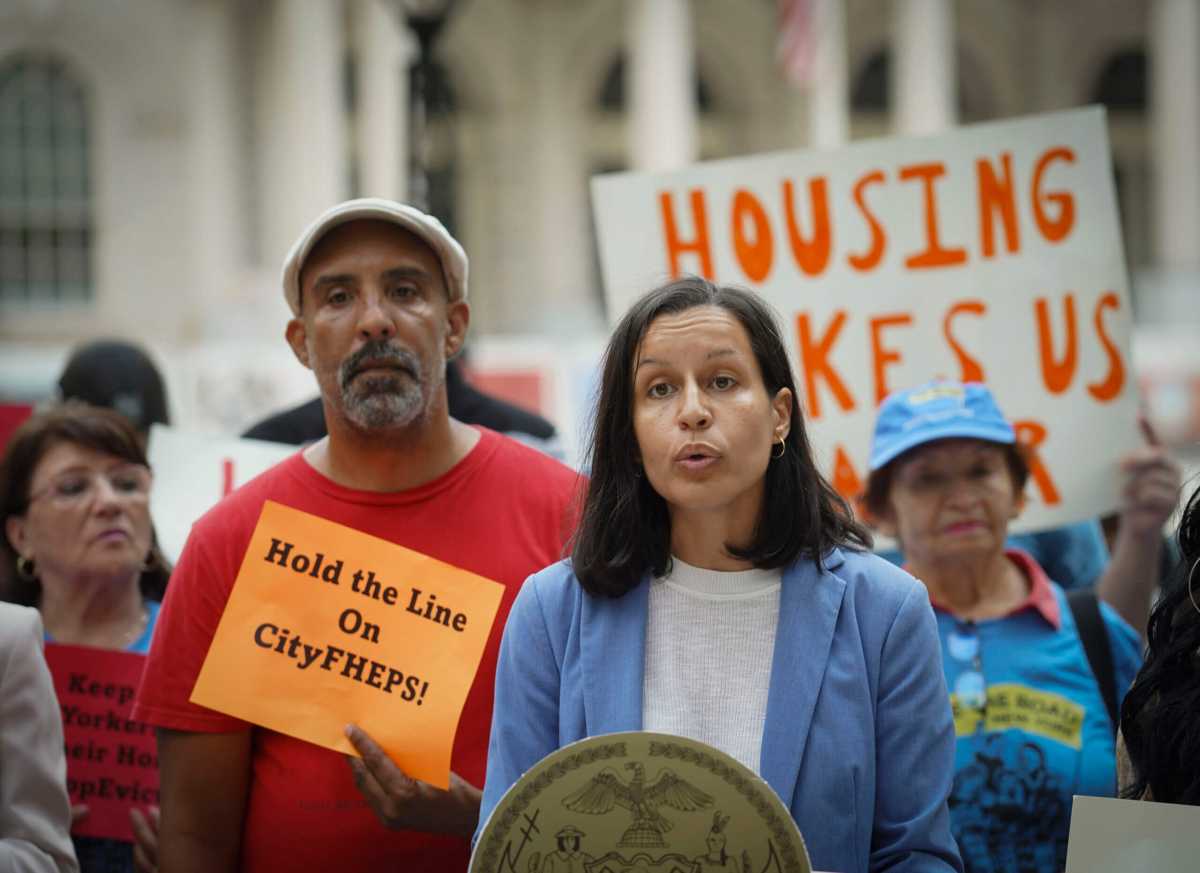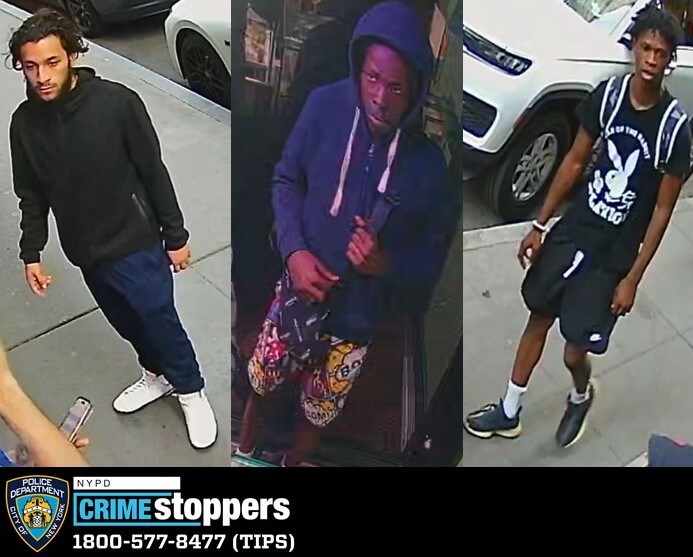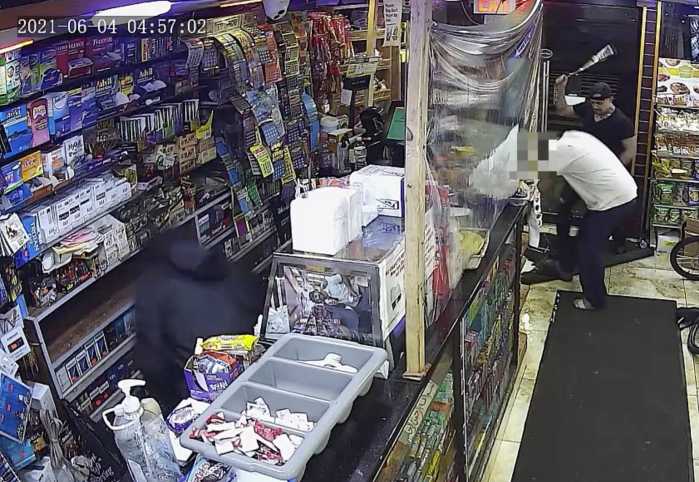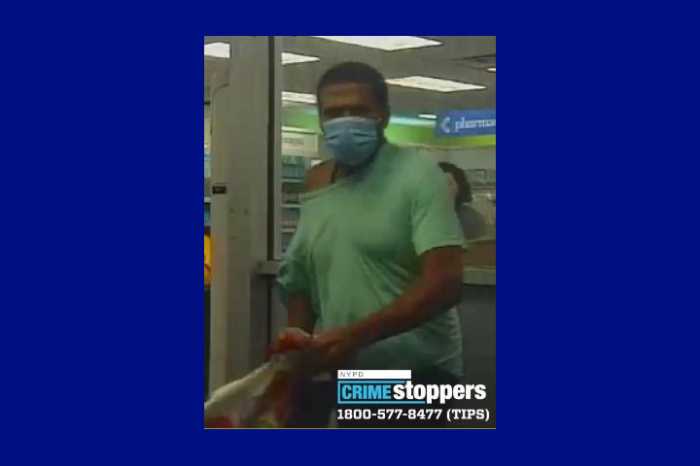Queens Council Member Tiffany Cabán caused a stir on social media this week, when she shared a post claiming that “stores are lying about shoplifting” to skirt blame for declining revenues.
The original post that Cabán re-shared on her Instagram account came from the nonprofit educational newsroom More Perfect Union, which claimed that “corporations are trying to pass the blame for lower profit margins to everyone but themselves” and are “fabricating a crime wave.”
That post was based on a report from analysts at William Blair, a financial services company, who released their findings earlier this week.
While the William Blair report studied the issue from an investor perspective, progressives like Cabán held up the findings to push back against a narrative of out-of-control crime in New York City.
Cabán, who was elected to the Council after losing a close election for the Queens District Attorney post, is among the most left-wing political leaders in the city, and embraces the idea of “defunding and disbanding the NYPD.”
When reports of crime notably increased in the early days of the COVID-19 pandemic (which coincided with the city’s mayoral election), many centrist and conservative political leaders used the supposed crime wave as a political cudgel against progressives like Cabán.
Most notably, Eric Adams rode his resume as a former police officer, along with a heavy focus on crime, to win the mayoral election in 2021. The soft-on-crime narrative still hampers the electoral prospects of progressives in the city.
To push back against that reputation, and defang the talking points of her political opponents, Cabán jumped at the chance to push back against the idea of “out of control crime” in the five boroughs.
Predictably, though, Cabán’s detractors held up her posts to reignite a furor about progressives’ stance on public safety — including her Republican Council opponent.
Cabán, who represents Astoria, is seeking reelection on Nov. 7, and faces long-shot challenger Kelly Klingman, who is a local real estate agent.
Klingman has focused much of her campaign on criticizing Cabán’s stance on public safety, and jumped at the chance to paint her as soft-on-crime.
“I am outraged by Tiffany Cabán’s shocking Instagram post insinuating baseless claims that retail theft is a fabricated problem. This district, which is home to numerous local businesses, is grappling with escalating crime rates and rampant theft, forcing many establishments to shutter their doors, which I have been outspoken about,” Klingman said in a statement.
“The hardworking small business owners of District 22 have had no choice but to invest significant sums into security measures, including surveillance cameras and alarm systems, in an effort to combat theft. These added costs have weighed heavily on small business owners, who are already struggling due to the economic hardships brought on by the COVID-19 pandemic.”
For her part, Cabán advocates for a “holistic” approach to stopping crime, such as shoplifting.
“Fully funding public safety means fully funding services that generate neighborhood stability and establishing a comprehensive and scaled-up non-policing emergency and crisis response apparatus instead of funding policing,” her campaign platform reads. “It also means giving people in the community adequate resources and support to solve community-level problems.”
Meanwhile, Mayor Eric Adams in May released his long-awaited plan to combat petty crime — a scheme that includes keeping a list of the city’s most persistent thieves to deal with them from a centralized database, rather than on a theft-by-theft basis.
The city will also provide information on necessary services, such as food stamps, in bodegas and other retail locations to steer would-be criminals away from lawbreaking.
“Shoplifters and organized crime rings prey on businesses that have already taken a hit due to COVID-19, but, with this comprehensive plan, we’re going to beat back on retail theft through a combination of law enforcement, prevention, and intervention,” Adams said on May 17. “Last year alone, 327 repeat offenders were responsible for 30 percent of the more than 22,000 retail thefts across our city.”
“This plan aims to reassure our store owners that we know they are essential to our city, and we have their backs.”






































